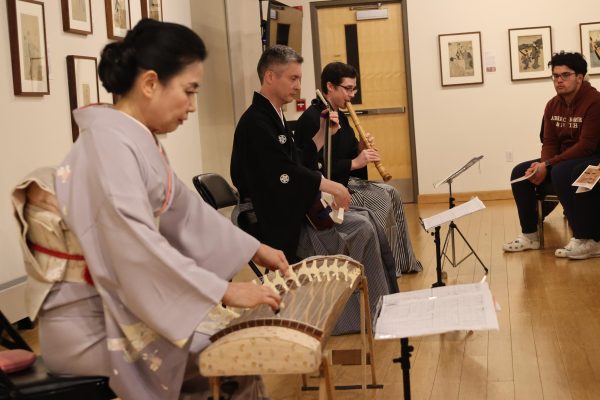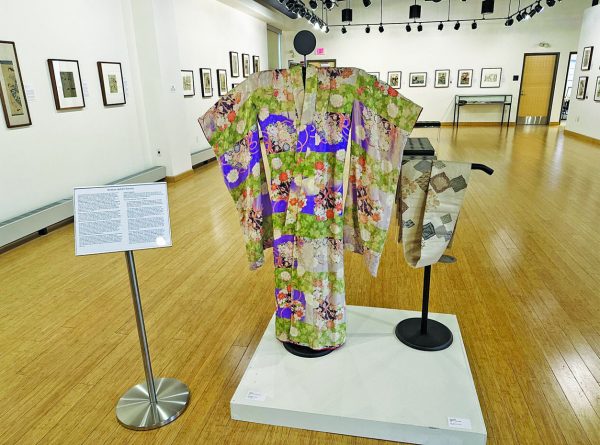Little Snowfall Means Big Savings For University

Crews spread more than 280 tons of rock salt last year. So far this year, crews have used only 68 tons of rock salt to treat the sidewalks around campus, said Mark Van Etten, Director of Facilities and Auxiliary Services.
March 23, 2016
During a normal Northeastern Pennsylvania winter, the beginning of the spring semester is plagued with major snowstorms, but this year’s mild temperatures are leaving the university with major cash.
The spring-like weather has enabled the grounds crew to spend less time and money clearing snow, said grounds crew manager Laurie Finnegan.
“When the weather is more mild like this, the biggest saving we have is the payroll costs,” Finnegan said.
A large part of the expense is overtime costs to grounds crew members who clear campus during odd and unpredictable hours following a snow storm.
“It is completely different this year knowing that I won’t get a call at 4 o’clock in the morning to come in and clear snow,” said Finnegan.
The labor costs can start to add up due to the crew’s responsibilities throughout upper and lower campus.
“We manage a total of 10 university properties, including all of the Lake Street properties owned by the university. That gets to be a lot,” said Finnegan.
Crews spread more than 280 tons of rock salt last year. So far this year, crews have used only 68 tons of rock salt to treat the sidewalks around campus, said Mark Van Etten, Director of Facilities and Auxiliary Services.
Additionally, the university is cutting costs because it did not need additional manpower to fight old man winter.
“When we have large amounts of snow, we have to call in an outside contractor to
come in and clear the parking lots, and not having to do that saves money,” said Van Etten.
Van Etten said unspent funds are returned to the university to be used wherever it is needed.
The weather change comes after several severe winters marked by heavy storms and days of cancelled classes.
Twenty-nine inches of snow covered campus in February 2015. The average for the month of February is around nine inches. This February brought just seven inches of snow.
“We were able to spend our time doing other projects such as equipment upkeep and do a bunch of other projects outside that we wouldn’t otherwise be able to get to,” said Finnegan.
Grounds crews are also responsible for retrieving athletic equipment from storage as spring sports get underway, and they were able to finish the task earlier this year.
The weather also enabled the staff to work on seasonal chores that typically get pushed aside when there is a lot of snow to be cleared.
“Now is the perfect time to cut back brush because of the colder weather. We use this time to cut back tree branches because they don’t have leaves on them to keep them from getting in our way while we are mowing,” said Finnegan.
Crews are also starting early on graduation preparations.
“To get ready for graduation, we have to edge all of the [flower] beds, rake them out, and then doing all of the planting,” said Finnegan.
About a month prior to graduation the crew spreads fertilizer on the lawns around campus.
“That makes the grass really start to grow, so we have to really stay on top of mowing in that time before graduation,” said Finnegan.
She said crews worked against the clock during last year’s graduation preparations because a frost came the week before the big event.
“Last year we waited until a week before graduation to plant the marigolds because of the snow, and then two days later we heard that a frost was going to come, so the night before we had to wrap each individual flower in burlap to protect them from the frost. So we are glad that it looks like that won’t happen this year,” said Finnegan.






